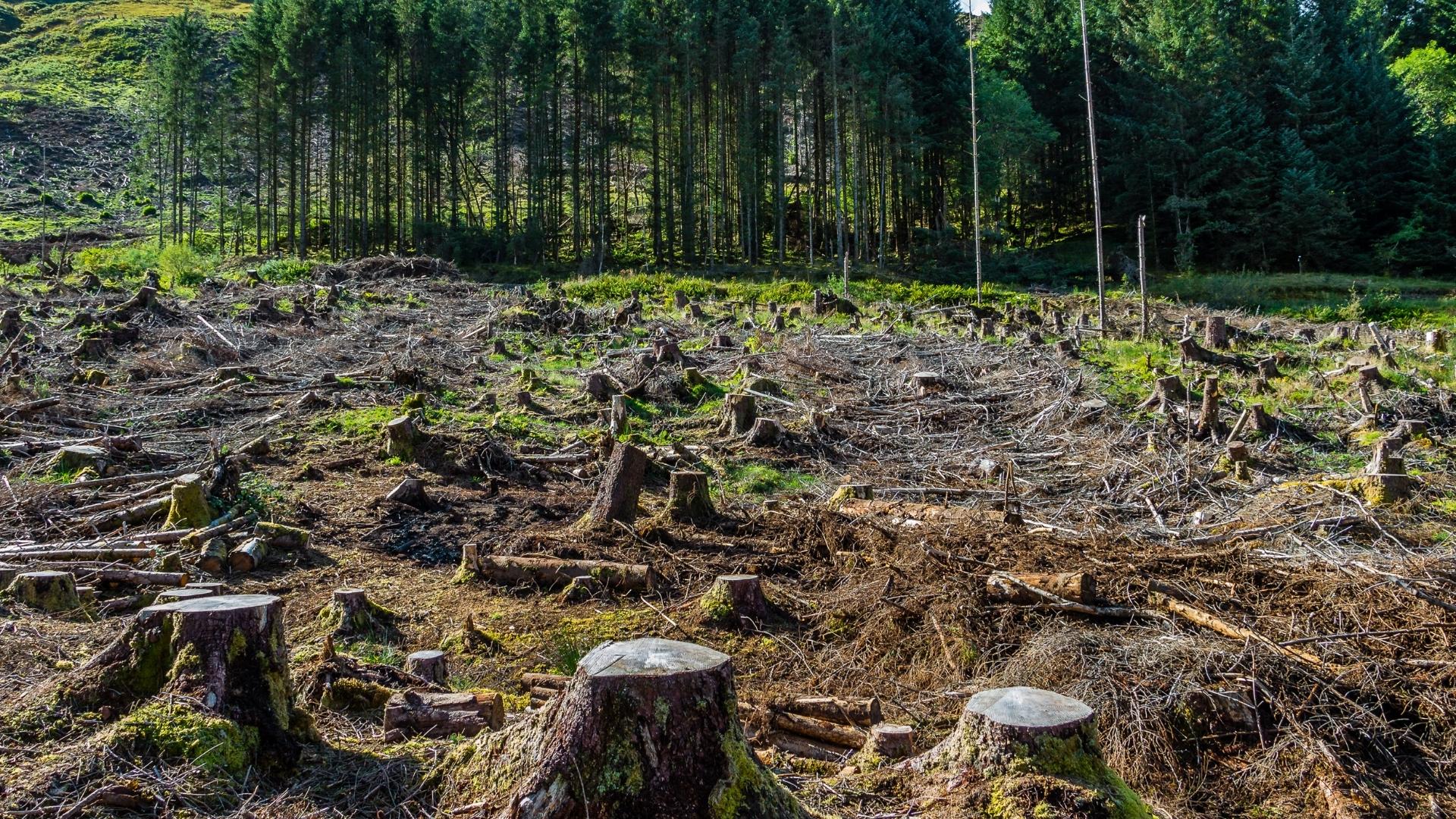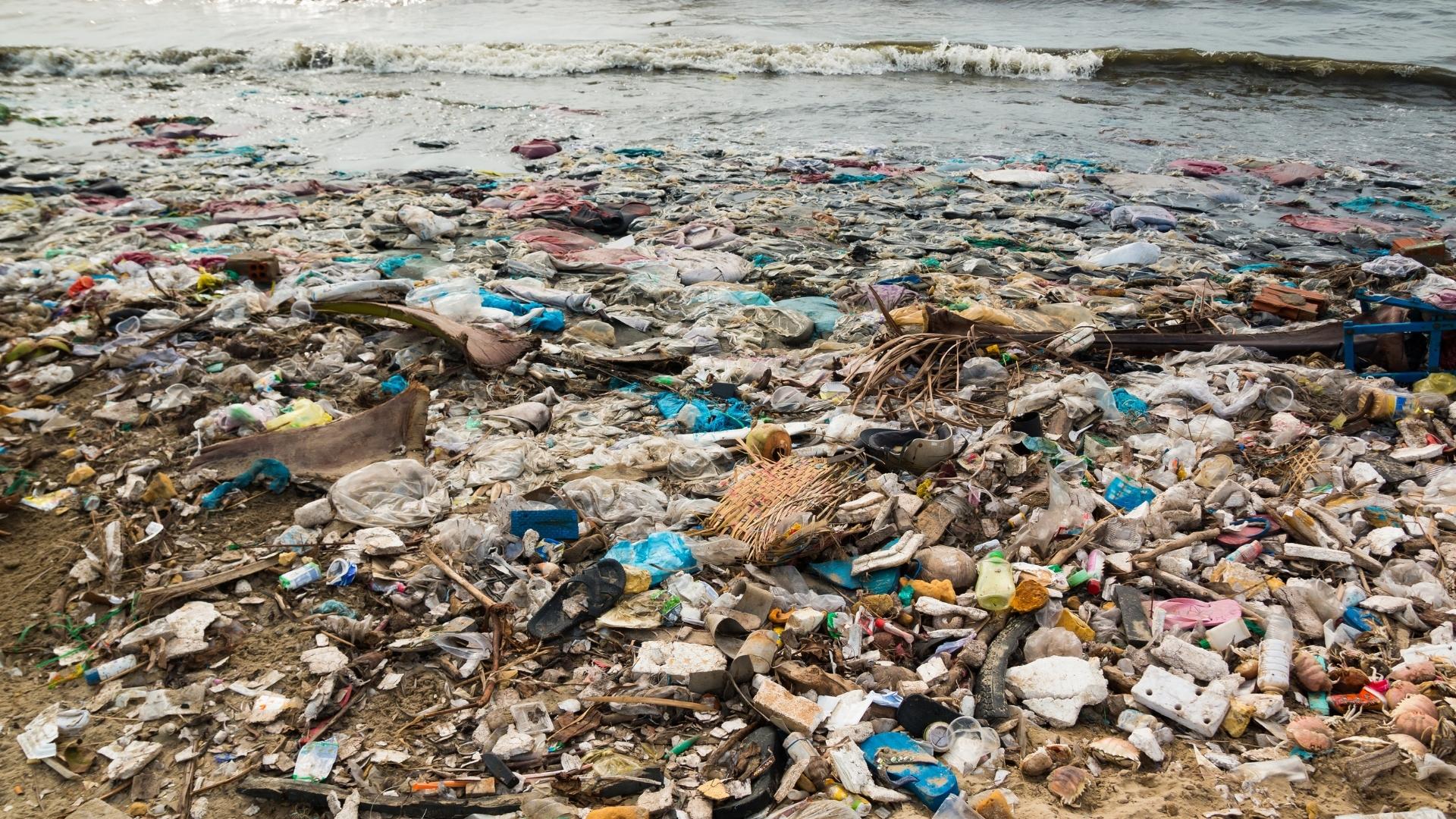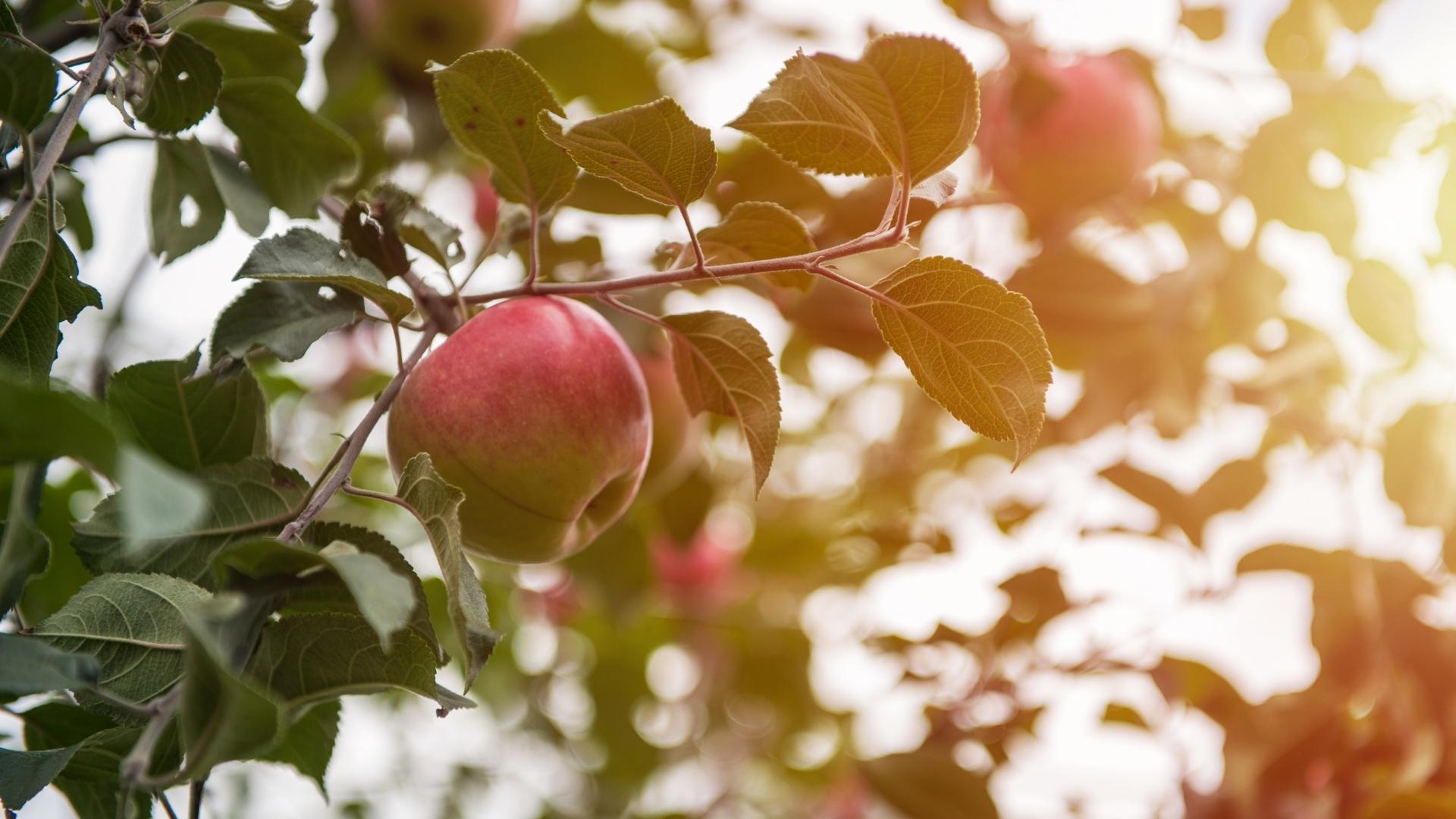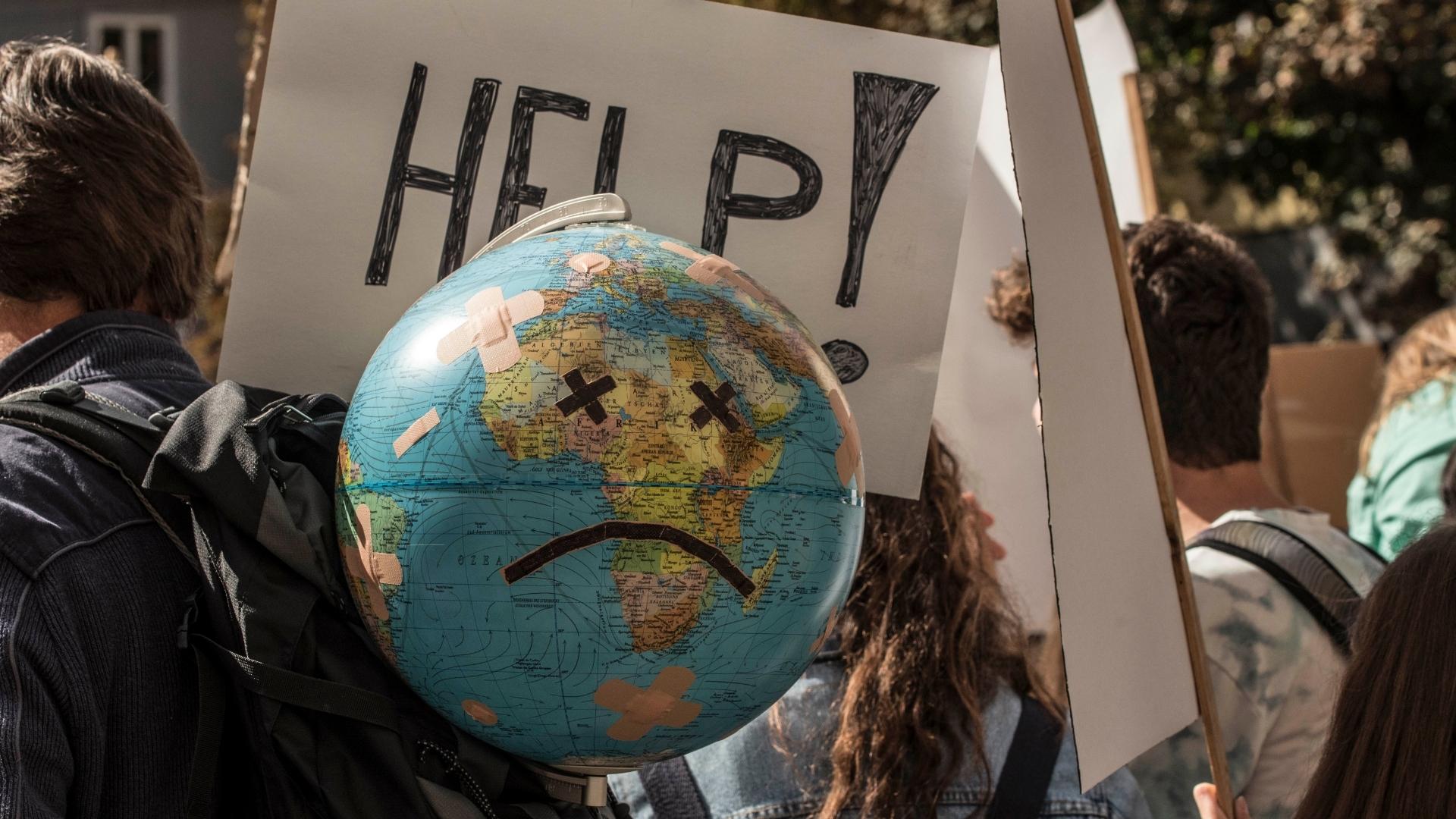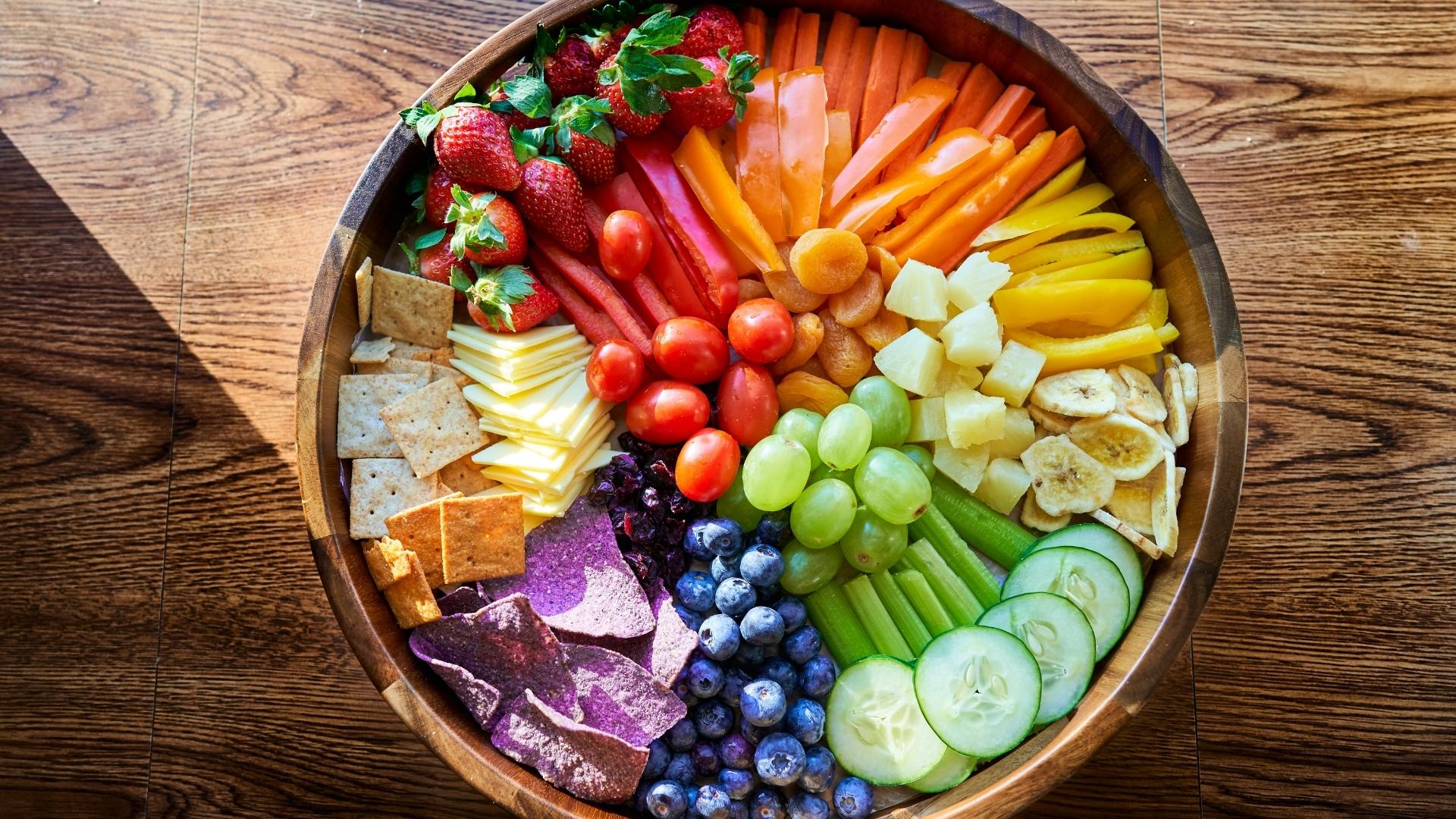There’s a midrash, a rabbinic story, that says:
When the Blessed Holy One created the first human, G-d took him and led him round all the trees of the Garden of Eden and said to him: “Look at My works, how beautiful and praiseworthy they are! And all that I have created, it was for you that I created it. Pay attention that you do not corrupt and destroy My world: if you corrupt it, there is no one to repair it after you.”
—Kohelet Rabbah 7:13
בְּשָׁעָה שֶׁבָּרָא הַקָּדוֹשׁ בָּרוּךְ הוּא אֶת אָדָם הָרִאשׁוֹן, נְטָלוֹ וְהֶחֱזִירוֹ עַל כָּל אִילָנֵי גַּן עֵדֶן, וְאָמַר לוֹ, רְאֵה מַעֲשַׂי כַּמָּה נָאִים וּמְשֻׁבָּחִין הֵן, וְכָל מַה שֶּׁבָּרָאתִי בִּשְׁבִילְךָ בָּרָאתִי, תֵּן דַּעְתְּךָ שֶׁלֹא תְקַלְקֵל וְתַחֲרִיב אֶת עוֹלָמִי, שֶׁאִם קִלְקַלְתָּ אֵין מִי שֶׁיְתַקֵּן אַחֲרֶיךָ
In the midst of a climate crisis, this message feels more urgent than ever.
In Jewish teaching, caring for the Earth is every bit as practical as it is spiritual. After all, our ancestors’ lives depended upon the rain coming in its season, the crops growing and flourishing, and the harvest being plentiful.
But when we’re surrounded by big box grocery stores and meal delivery services—for those who have the access to and means for such luxuries—it’s easy to lose track of just how the food we eat makes its way to our plates. In fact, a lot of the U.S. commercial food industry relies on consumers’ lack of knowledge, going so far as to lobby for laws (called “ag-gag laws”) to prevent the public from finding out what they’re up to.
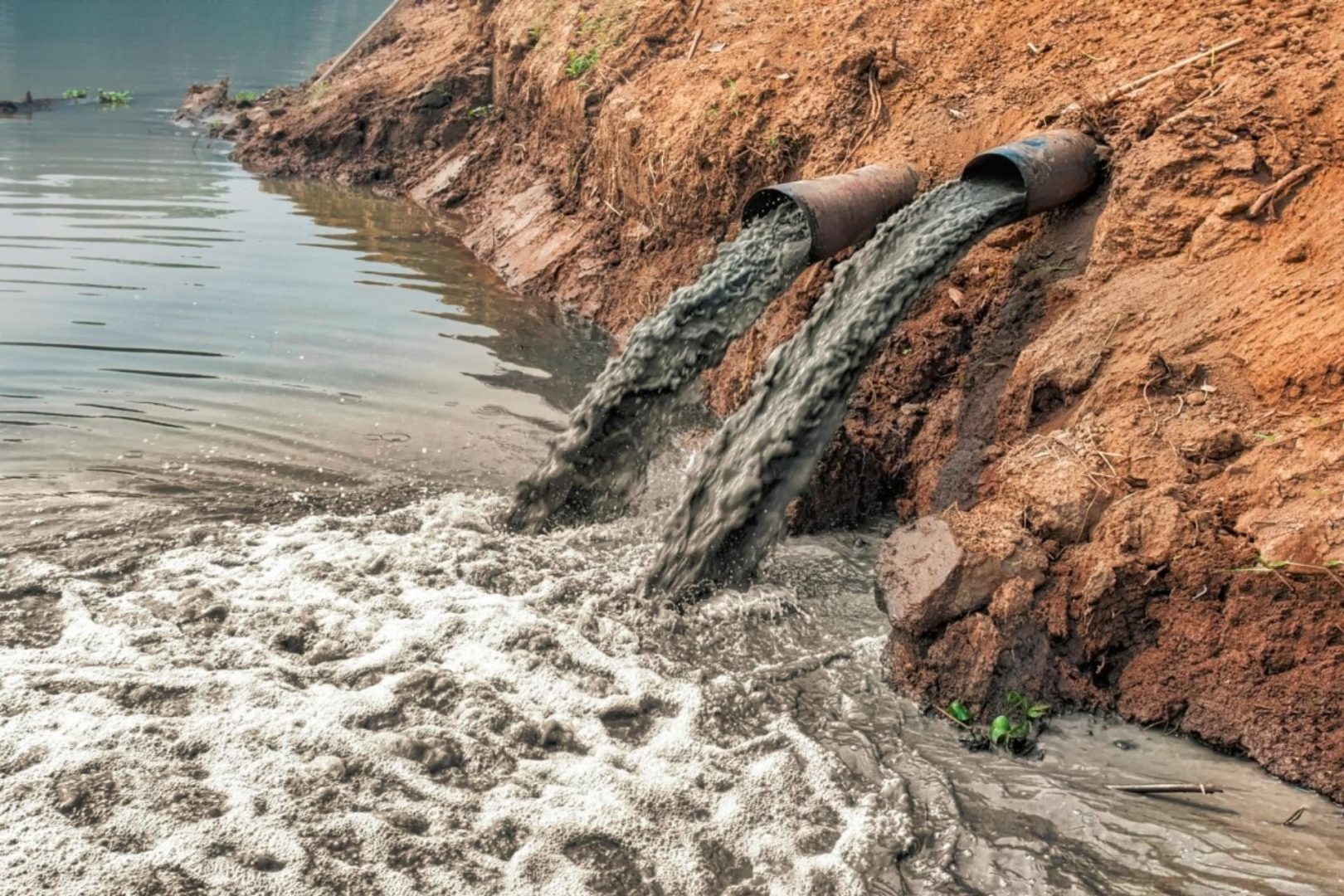
That means that the shockingly high levels of pollution, water waste, greenhouse gas emissions, land usage, and overall environmental devastation caused by factory farms—where 99% of animal products in the U.S. originate from—are not widely known, or understood, by the public.
The Jewish law of bal tashchit, do not destroy, comes from a passage in the Torah where the Israelites are being instructed on how to besiege a city. They are told:
When in your war against a city you have to besiege it a long time in order to capture it, you must not destroy its trees, wielding the ax against them. You may eat of them, but you must not cut them down. Are trees of the field human to withdraw before you into the besieged city?
כִּֽי־תָצ֣וּר אֶל־עִיר֩ יָמִ֨ים רַבִּ֜ים לְֽהִלָּחֵ֧ם עָלֶ֣יהָ לְתָפְשָׂ֗הּ לֹֽא־תַשְׁחִ֤ית אֶת־עֵצָהּ֙ לִנְדֹּ֤חַ עָלָיו֙ גַּרְזֶ֔ן כִּ֚י מִמֶּ֣נּוּ תֹאכֵ֔ל וְאֹת֖וֹ לֹ֣א תִכְרֹ֑ת כִּ֤י הָֽאָדָם֙ עֵ֣ץ הַשָּׂדֶ֔ה לָבֹ֥א מִפָּנֶ֖יךָ בַּמָּצֽוֹר׃
Only trees that you know do not yield food may be destroyed; you may cut them down for constructing siegeworks against the city that is waging war on you, until it has been reduced.
—Deuteronomy 20:19-20
רַ֞ק עֵ֣ץ אֲשֶׁר־תֵּדַ֗ע כִּֽי־לֹא־עֵ֤ץ מַאֲכָל֙ ה֔וּא אֹת֥וֹ תַשְׁחִ֖ית וְכָרָ֑תָּ וּבָנִ֣יתָ מָצ֗וֹר עַל־הָעִיר֙ אֲשֶׁר־הִ֨וא עֹשָׂ֧ה עִמְּךָ֛ מִלְחָמָ֖ה עַ֥ד רִדְתָּֽהּ׃
Bal tashchit has since come to represent a general principle of environmental consciousness. But as we see in this passage, it’s originally, and specifically, tied to food.
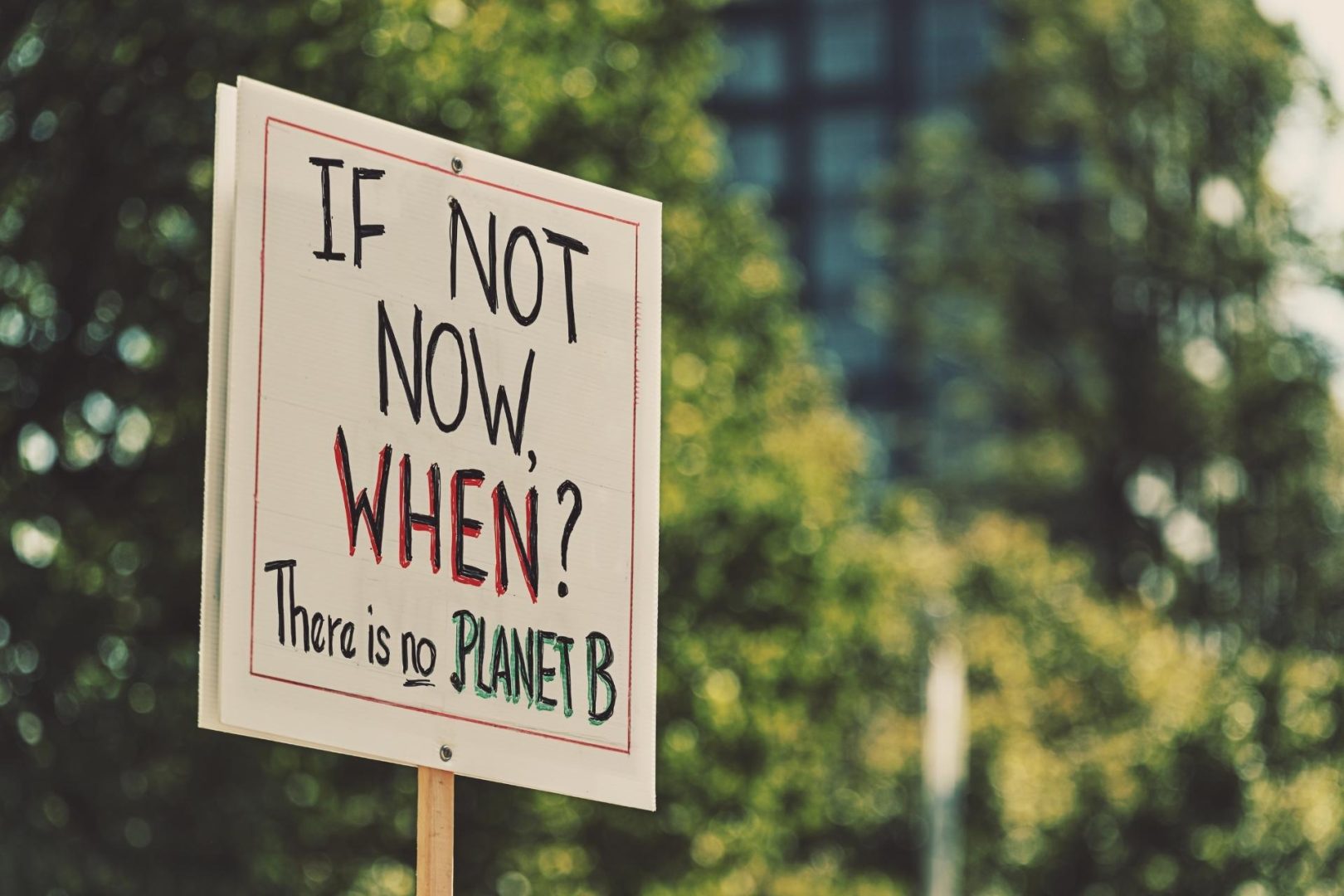
Our ancestors understood that the way they planted, grew, harvested, and produced food had a direct effect on, and was directly affected by, the environment in which they produced it. That’s a wisdom that we desperately need to reclaim in our time. We cannot make a meaningful impact on climate change without addressing our food system.
In 2018, a team of top British scientists at Oxford University put it this way:
“A vegan diet is probably the single biggest way to reduce your impact on planet Earth, not just greenhouse gases, but global acidification, eutrophication, land use and water use,” said zoologist Joseph Poore, who led the research. “It is far bigger than cutting down on your flights or buying an electric car.”
—“Reducing food’s environmental impacts through producers and consumers,” by J. Poore and T. Nemecek, in June 2018 issue of Science
